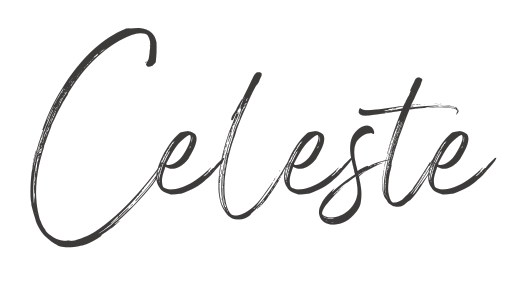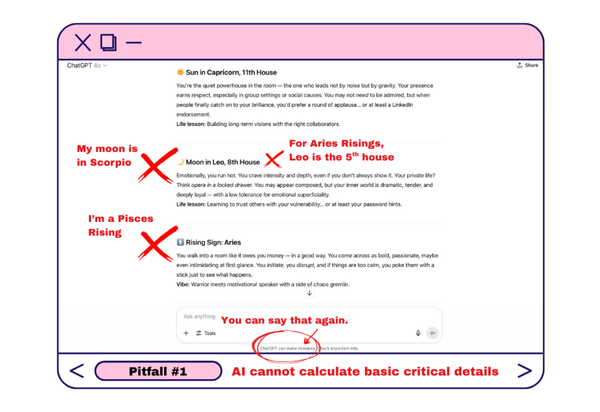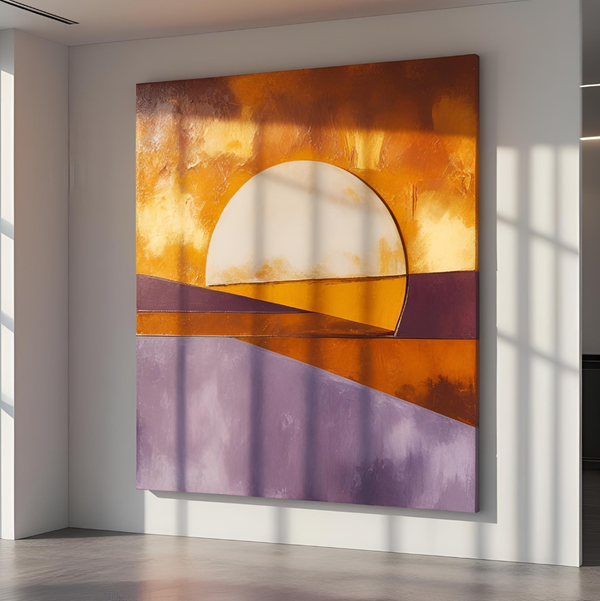Horoscopes: A Brief History

Listen up, stargazers and skeptics, because we're about to dive headfirst into the surprisingly ancient history behind the wildly popular modern Horoscope. Yes, those little blurbs you and 70 million other Americans sneak a peek at daily while pretending to read serious news. The ones that tell you, a majestic Leo, that today is a great day to be the main character or meet a tall, dark, handsome stranger.
You might think horoscopes are a recent invention, spat out by some content mill fueled by lukewarm coffee and a desire to capture clicks. And okay, a good number of them actually are. But the OG practice of looking at the stars to figure out what is going on down here on Earth? Well, that's older than your great-aunt Mildred's fruitcake recipe. Like, a lot (think: 4,000 years) older. In fact, it's positively ancient.

It All Started With a Bunch of Babylonians Looking Up (A Lot)
Our story begins, as so many good stories do, in Mesopotamia. Those clever Babylonians, way back around the 2nd millennium BCE, were obsessed with the sky. Not in a "wow, pretty!" kind of way, but more of a "holy smokes, that giant celestial event probably means the king's crops are going to fail and we're all doomed" kind of way. According to historian Ulla Koch-Westenholz in her book Mesopotamian Astrology, they meticulously recorded celestial events, believing they were omens from the gods intended for the king and the state. This wasn't about your love life, Brenda, this was serious business. They developed sophisticated mathematical astronomy to predict these events. So, next time you read your horoscope, thank a Babylonian for doing the initial legwork (and probably getting a serious crick in their neck).
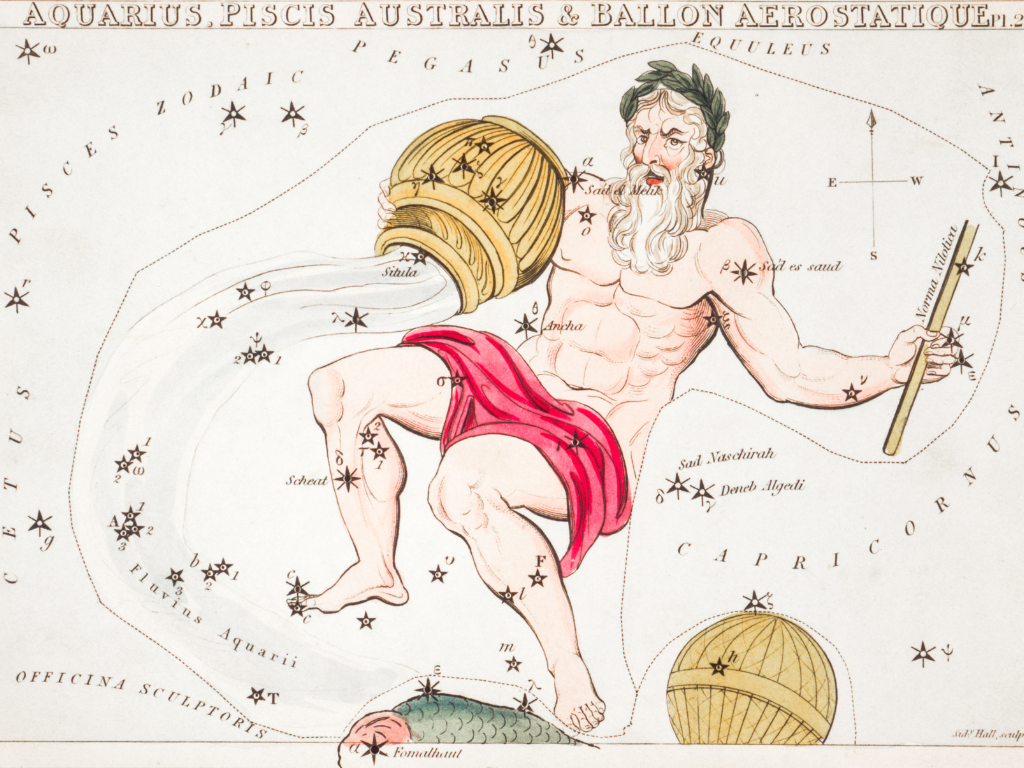
The Greeks Were Like, "Hold My Wine, We Can Make This Personal"
Fast forward a bit, and the concept travels to ancient Egypt and then, crucially, to Greece. The Hellenistic period (roughly 323 BCE to 31 BCE) is where horoscopic astrology – the kind that gets personal and focuses on an individual's birth chart – really takes off. The Greeks, being the overachievers they were, combined Babylonian observations with Egyptian traditions and their own philosophical musings.
This is where we get the concept of the zodiac as we know it (those 12 signs you argue about at brunch) and the idea of the "ascendant" or rising sign. A big name from this era is Claudius Ptolemy, a Greco-Egyptian writer, mathematician, astronomer, and astrologer (talk about a LinkedIn profile). His 2nd-century CE work, Tetrabiblos, became the foundational text for Western astrology. According to Nicholas Campion's A History of Western Astrology, Ptolemy basically laid down the rules for how to interpret planetary positions at the time of birth to understand someone's character and destiny. So, if you've ever felt like "such a Gemini," you have Ptolemy to thank (or blame).

Rome: "Is This Good for the Empire? Also, Will I Find Love?"
The Romans, practical as ever, adopted Greek astrology with gusto. Emperors used it, citizens consulted astrologers for everything from business ventures to, yes, finding love. It was popular, it was controversial (sound familiar?). Astrologers were sometimes expelled from Rome, then invited back. It was a whole to-do. According to Tamsyn Barton's Ancient Astrology, astrology was deeply embedded in Roman society, influencing even medical practices.

The Medieval Haze and a Renaissance Glow-Up
Astrology didn't just disappear after Rome fell. It kind of simmered in the Islamic world, where scholars preserved and expanded upon classical texts. Then, it came roaring back into Europe during the Middle Ages and especially the Renaissance. Guys like Nostradamus (yeah, that Nostradamus) weren't just vaguely predicting doom; they were often practicing astrologers, creating charts for the rich and famous. As noted by historian H. Darrel Rutkin in The Use and Abuse of Ptolemy’s Tetrabiblos in Renaissance and Early Modern Europe, Renaissance courts buzzed with astrological consultation. It was less about your daily "you will meet a tall, dark stranger" and more about, you know, "will this war be a total disaster?"

Print Media: "Bye Bye Attention Spans, We Can Make This Bite-sized"
So how did we get from royal court astrologers to that little box next to the comics? Enter the printing press and, much later, newspapers. While almanacs had been dishing out astrological tidbits for centuries, the modern newspaper horoscope as a regular, personalized feature is a surprisingly 20th-century invention.
The big moment, the one everyone points to, involves a British astrologer named R.H. Naylor. In 1930, the Sunday Express asked him to do a horoscope for the newborn Princess Margaret. He not only predicted events in her life but also, according to James Holden in A History of Horoscopic Astrology, followed it up with an article predicting that "a great event would happen to the Royal family" around her seventh year. When some other vaguely related royal stuff happened (it's complicated, and interpretations vary wildly), people lost their minds. Naylor started writing regular horoscopes, and BAM! The newspaper horoscope column was born. Suddenly, every regular non-royal plebe could have their own little piece of the celestial pie, no fancy court astrologer required.
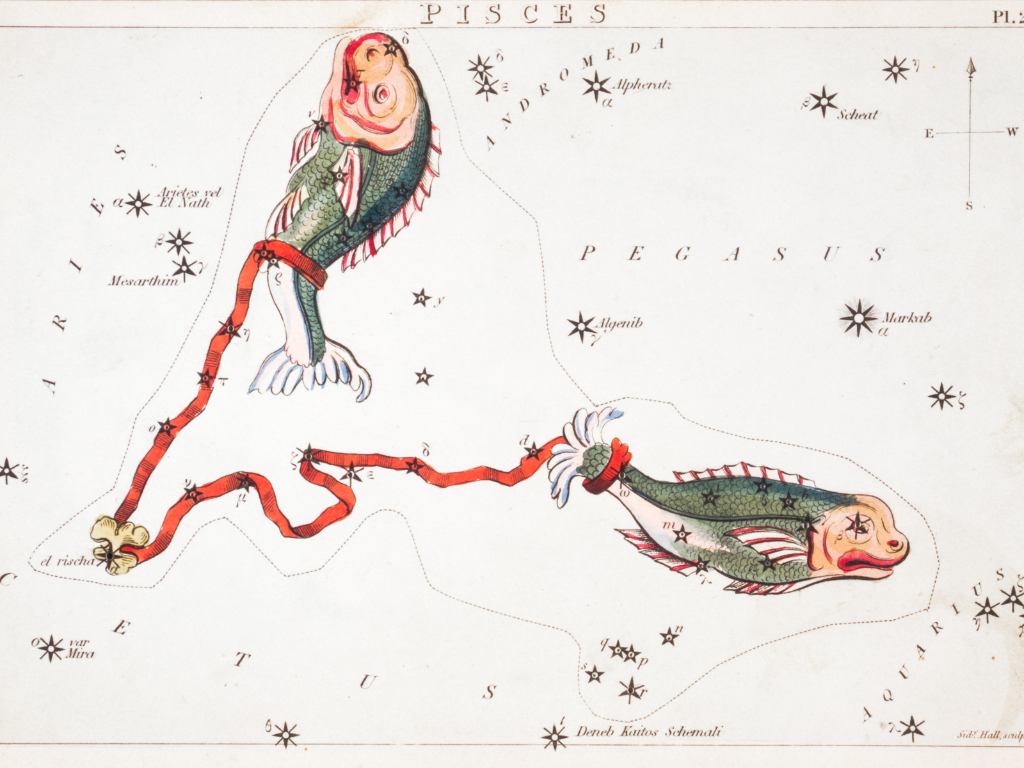
What’s Next in The Horoscopic Evolution? AI Has Entered the Chat
So, from Babylonian kings to Roman emperors to Princess Margaret and now, to you, scrolling on your phone, where does this all leave us? Well, friends, the internet age – and the looming AI takeover – might just drag horoscopes kicking and screaming into the 21st century. Because, let's be honest, those sun sign snippets you skim while pretending to care about the collapsing bee populations? They're basically cosmic Mad Libs. Your sun sign? It's a factor, sure, but your entire birth chart is basically the astrological equivalent of a multi-volume romantasy series, and your sun sign, merely the title.
We're talking rising signs, lunar shenanigans, planetary pile-ups – it's a whole celestial soap opera up there, and your little "today you will feel emotions!" blurb is missing, oh, all of it. It's like judging a fine wine by the cork. (Which, I mean, some people do, but they're wrong.)
But, here's the plot twist: AI might be the hero we didn't know we needed. Forget broad-strokes pronouncements applicable to every Leo on the planet (because we all know you feel like the main character on all the days). Imagine an AI model specifically trained to practice astrology that can actually analyze the full chaotic glory of your birth chart, cross-reference it with accurate real-time of planetary transits (because Mercury isn’t always in retrograde my friends), and offer actual personalized advice that doesn't sound like it was lifted from a fortune cookie.
I'm not saying an AI is going to replace your favorite IRL astrologer with the cool vintage scarves and suspiciously accurate tarot deck. There's a human element to this stuff, a certain je ne sais quoi. But AI could make truly personalized, genuinely insightful horoscopes accessible to the masses. No more sifting through vague generalities, hoping something vaguely resonates. This is Princess Treatment.
The future is bright, slightly terrifying, and possibly involves an algorithm telling you to finally break up with that tall, dark, and handsome loser. Stay tuned.
